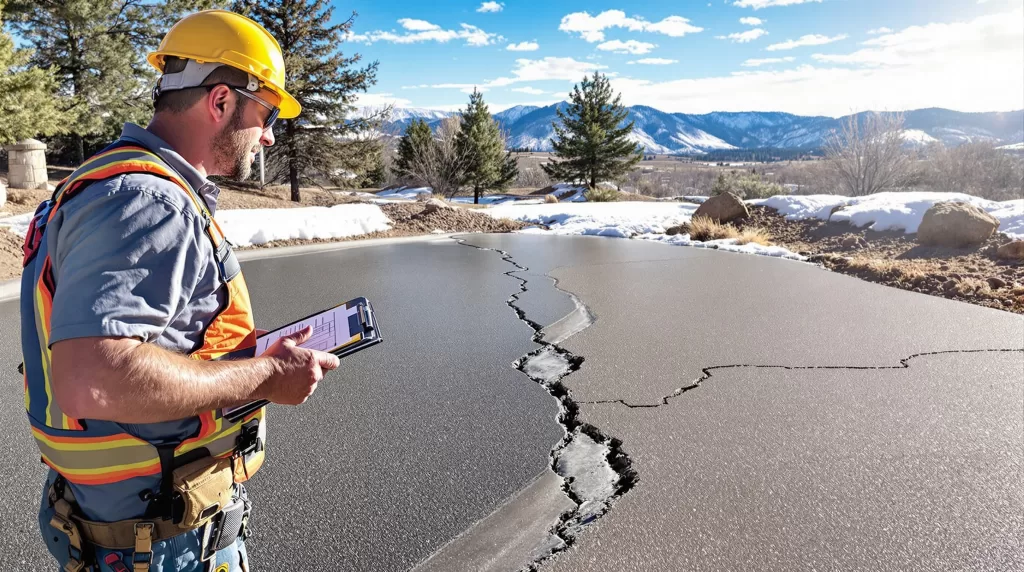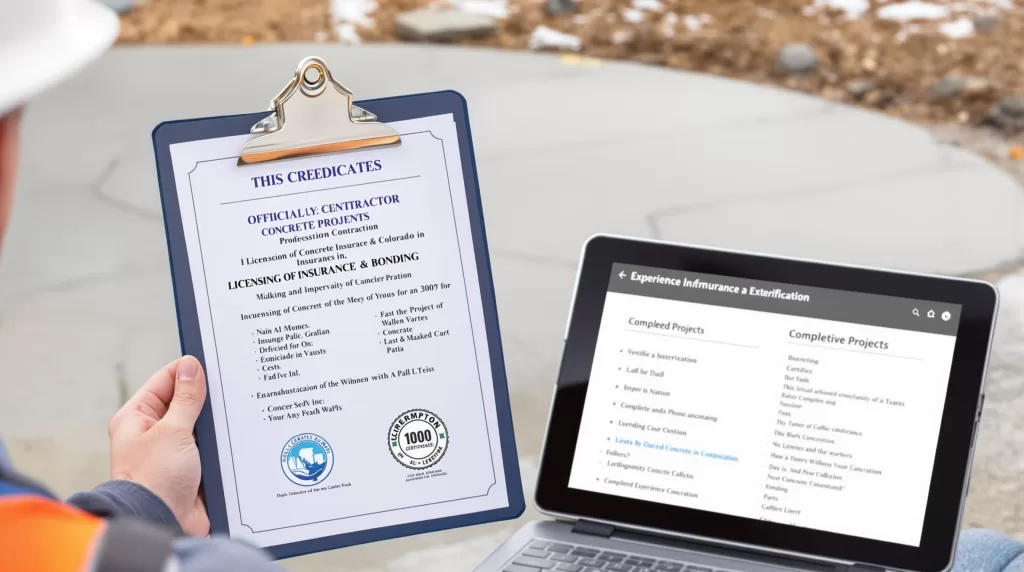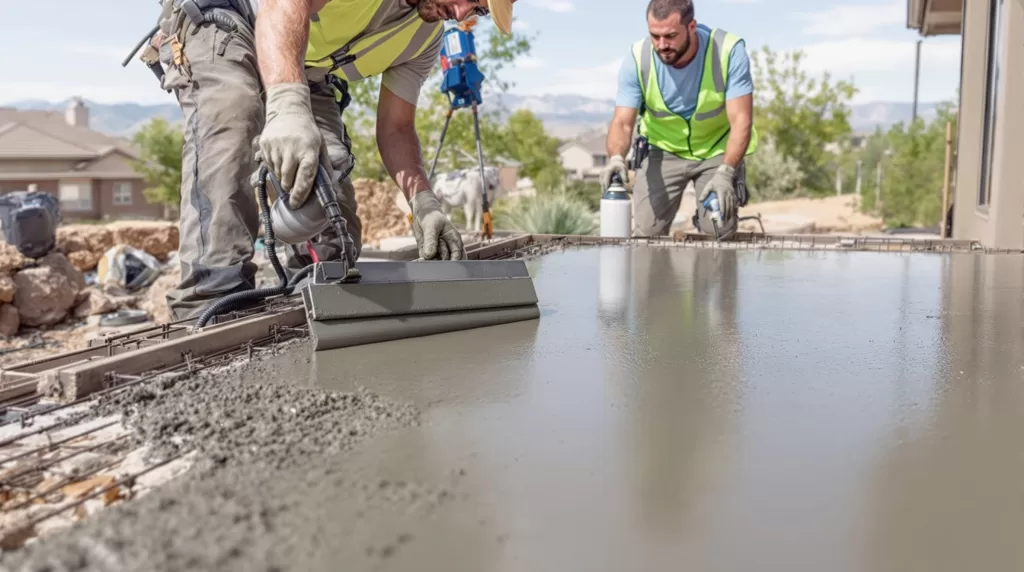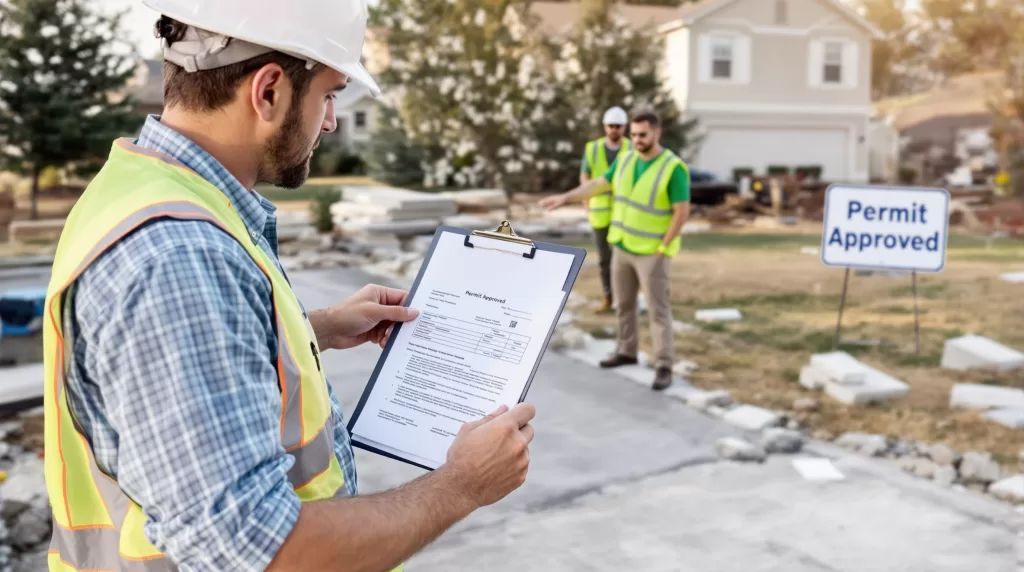How to Choose a Local Concrete Contractor in Castle Rock
Choosing the right concrete contractor in Castle Rock can make all the difference in the durability and appearance of your project. Whether you’re planning a new driveway, patio, or foundation, hiring a skilled and experienced local professional ensures that your concrete can withstand Colorado’s unique climate and soil conditions. But with so many options available, how do you find a contractor who delivers quality workmanship, fair pricing, and reliable service? In this guide, we’ll walk you through the essential steps to selecting the best concrete contractor in Castle Rock, so you can invest in a project that lasts for years to come.









